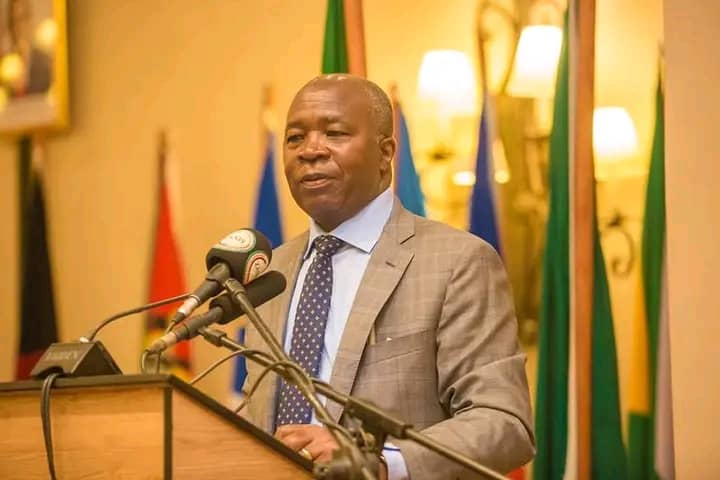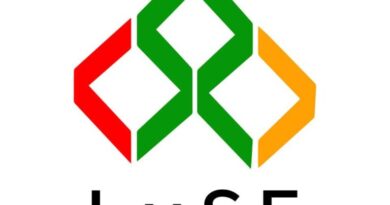Gov’t Bemoans 2024 as the Most Challenging Year
Zambia’s Minister of Finance and National Planning, Situmbeko Musokotwane, has described 2024 as one of the most challenging years for Zambia due to the severe drought, famine, and the impact of unsustainable national debt.
Speaking during the Town Hall Forum on the 2024 Budget and Economic Performance and the 2025 Economic Outlook at the Mulungushi International Conference Centre, Mr. Musokotwane highlighted the struggles faced by major mines, Konkola Copper Mine and Mopani, which have significantly affected the economy.
He emphasized the need to build a resilient economy to address these challenges and ensure long-term sustainability. The minister pointed out that famine prevention remains a top priority as maize production dropped by 55% to 1.5 million tonnes from 3.3 million tonnes in the 2022/23 farming season.
To mitigate these effects, the Government has implemented several interventions, including increasing the social cash transfer program, doubling the amount received by eligible persons from K400 to K800 every two months. Additionally, cash-for-work programs have been introduced to support affected communities.
Mr. Musokotwane also revealed that more funds would be allocated to the Sustainable Agriculture Financing Facility (SAFF), which aims to support farmers beyond fertilizer provision, incorporating activities such as irrigation to boost productivity.
Meanwhile, Zambia Revenue Authority (ZRA) Commissioner General, Dingani Banda, presented the annual revenue performance report for 2024 and the 2025 administrative reforms. He disclosed that the ZRA collected ZMW 148.5 billion in gross revenue, falling short of the ZMW 155 billion target.
Despite the shortfall, Mr. Banda highlighted a steady increase in the contribution of tax revenue to the national budget, rising from 55.7% in 2020 to a projected 71.7% in 2025. He further noted that the tax-to-GDP ratio for 2024 stands at 19.5%, reflecting growth from the 18.3% average of the past five years.
Looking ahead, the ZRA has set a revenue target of ZMW 155.7 billion for 2025, marking a 21.3% nominal increase. To achieve this goal, Mr. Banda outlined plans for administrative reforms, including enhanced digital tax systems and stronger enforcement measures to improve compliance and revenue collection.
He expressed confidence that these measures would help address existing economic challenges and create new opportunities for growth, aligning with the government’s broader economic vision for sustainable development.
Source: ZANIS



